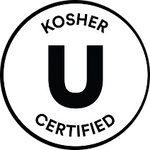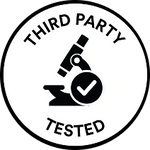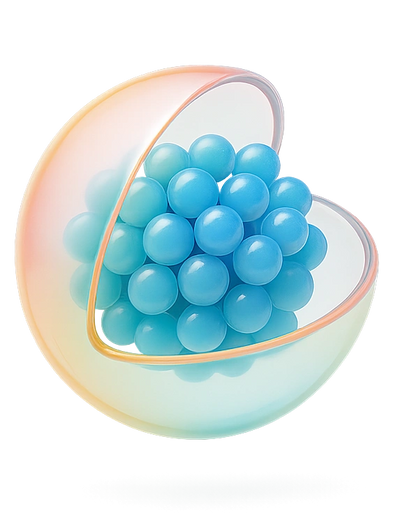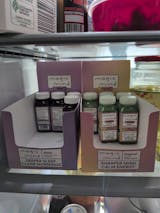It was amazing! It helped me so much I had to get a second box 😩
I love magic mind! Gives me extra focus, and energy. My teenage sons also use them for surfing competitions and school tests, saying the supplement gives them an edge for performance and concentration. Cuold nto recommend higher!!
My customers love magic mind OG and the Free, I do these things daily and it’s a great way to start my hectic day and open the store; bonus I usually sell some when they see me drinking it.
I've tried the Magic Mind Original and the Sleep products and can't believe how well they work. All natural products can be very hit or miss but these are right on the money. They perform and don't have any of the drawbacks of other sleep aids. I highly recommend these for anyone seeking better sleep.
Love it. No crash. Mental clarity. Takes the little b!tch in you and crushes it. Can conquer daily tasks with breeze.
Better than an energy drink, better tasting and no jitters, clear mind, no hectic movement, just centered focus and motion.
Dear Magic Mind Team,
Thank you for following up on my recent order! I genuinely appreciate your attentive service. I have been using my purchase from Magic Mind and am thoroughly satisfied with it. The quality is exceptional, and I’ve noticed a significant positive impact on my daily routine.
Additionally, I was impressed by the prompt shipping and the overall seamless shopping experience. I highly recommend your product to others!
I look forward to making my next purchase!
Best regards,
J
When every other company is pushing Melatonin, this is a fantastic natural way to ensure you sleep soundly!
I have been prescribed Adderall since I was 11 years old, no joke. I have been using magic mind and the sleep supplement for 2 months now, I’m never going back.
I love magic mind. I notice a significant difference in my mental clarity when I drink it with my coffee in the morning. I also think it's helping my biogut too which is an added bonus
I have been taking sleep for about a month now and my sleep has improved but the main reason I like it is that if I do wake and can fall back to sleep much easier and no morning grogginess
I thought this was a gimmick. I thought it wasn't going to do anything and it was "all in their head". I was wrong. I'm used to feeling tired until noon, but ever since I started drinking this stuff, I'm sleeping better with the night time drink, and I actually feel better during the day, after the regular Magic Mind kids in. I'm not tired anymore and I'm not used to that. It's kind of expensive, though.
everyone who has tried these has had extremely great results! Would highly recommend!
I really enjoyed this product! I started to see a noticeable difference in my day almost immediately. The way I was able to focus on work tasks and power through my to do list has been so refreshing! Absolutely love the benefits
I have been taking Magic mind for over a year now. I’m always focused, happy & thriving 🌞








































